|
Social enterprises are held up as a more sustainable solution to social and environmental problems than donation-hungry charities and non-profits. But when we brought together 33 social enterprises and social enterprise associations to talk about their challenges, we found that the investment world is not yet adapting to their needs. 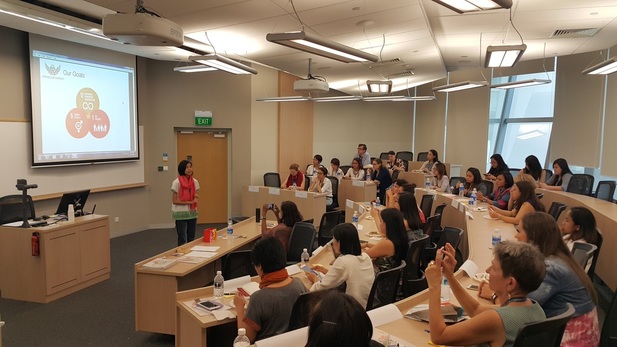 A.I. Co-Founder Audrey Tan tells the group about A.I.'s 3 Global Goals A.I. Co-Founder Audrey Tan tells the group about A.I.'s 3 Global Goals What response do women-led social enterprises get when they seek finance? What do they want finance for and what repayment terms can they make? What other challenges, other than finance, do social enterprises face? We asked our group of 33 women-led social enterprises and social enterprise intermediaries these questions. We wanted to understand their issues and to test the assumptions underlying Angels of Impact’s model of offering membership-funded, low-interest, long-term loans to social enterprises. "Can I see your marriage certificate?"We wanted to know if these organisations faced particular obstacles because they were run by or for women. First the good news. Our group of intermediaries - which included impact investors and grant-funding organisations - reported that women pitch well and tend to be more convincing because they’re much more pragmatic and realistic about what they can achieve. However in their experience, it’s mainly men who are pitching for and getting funds. Women tend to rely on friends and family far more before they’ll consider formal financing. Women are also more risk averse: they’ll usually only raise what they believe they can get back, and they’re usually more reluctant to pitch to scale up the business.
Little interest in social impactWhen we talked about the response the social enterprises got when they sought funding, we found that they were asked all the usual questions you’d expect a company seeking finance to be asked: what’s your business plan, what are your KPIs, is it sustainable, what’s your track record? But our social enterprises reported some interesting attitudes from the investors they’d pitched to. Even the impact investors were still focused on financial returns and had little interest in social impact. One social enterprise has stopped seeking equity funding because “they will try to pull you away from your mission to boost their financial returns” – a common sentiment that got a lot of nods. There is still a widespread incredulity among investors towards a company genuinely committed to impact before profit. As one investor had apparently put it, “Why are you doing something so RISKY?!” "Family, friends & fools"As a result of the difficulties they face getting mainstream finance, many of our social enterprises reported that they’d gone down some unconventional roots to fund their growth. One had created all her prototype products on equipment bought on credit cards. Another relied on volunteers and donations and several had relied on their own savings to establish the business. Someone quoted the phrase “when you first start a business, it’s only family, friends and fools who’ll support you” – then added that even her family wouldn’t support her for months until her mother gave in and gave her a loan. Many had sought – and some had received – grant funding, which had made a huge difference to their business. Even grants, however, came with their own set of issues. These ranged from the amount of time required to complete grant application to a story of a donor programme that shut down halfway through the funding period – after a time-consuming application period that took months. Grant programmes were focused on specific projects and were reluctant to fund necessary overhead costs. Direct government support was rare: one lady found that her Government was very supportive of her education project and asked her to establish it in five other schools; a great show of support until she learned that they weren’t planning to pay her. “They are waiting to see this project succeed before they fund me – they don’t realise that funding me will save them money elsewhere and make me far more likely to succeed!” "We have to pay the weavers - or what's the point?"
The biggest issue was finding money to cover operational costs. Foundations and grant-giving organisations didn’t want to cover working capital costs, while investors just didn’t want to invest at all. New models neededIn short, while the concept of social enterprise and impact-first businesses is praised, and social entrepreneurs held up as heroes, on a day-to-day level life is a constant struggle. Neither the financial market or the grant-giving world is set up to provide what these companies, operating at the tightest margins and changing the lives of the world’s poorest, need to survive and grow. Equity risks losing the company’s core mission. Grants won’t cover overheads. Loans come with a heavy interest rate because the value of social impact doesn’t translate to the financial bottom line. Ideal financing modelsSo what is the answer? We asked the group what financing models would work best for them. The answer was pretty simple and agreed by most people: the social enterprises wanted to see low-interest (below 5%) lines of credit with at least a one-year grace period, and repayment mechanisms that included in-kind repayments and repayment through profit-sharing. Grants which covered operational costs and had a simple application process were also on the wish list. Now, you might read this and think, “Well of course they’d like that: those are the easiest terms possible! No investor could offer those terms to such a high-risk venture!” And you’d be right. But if we believe that impact-first businesses are a big part of the solution to tackling social problems, then we need new models of finance that allow them to do that. Of course a traditional investor – even an impact investor – which gives low-interest loans repaid over a long period of time won’t be able to make any money. Final lessonsWe learnt other things as well. Our final question for the group was “other than finance, what are your three biggest challenges?” By far the most common answer was “SKILLS SKILLS SKILLS!” So we’ll look at what our community can do to support our social enterprise Angel members with skills development in the future. We at Angels of Impact are working closely with our social enterprise Angels to co-create the appropriate networks, support and funding structures that best suit them. We’d love to hear your thoughts on what the Angels of Impact community can offer. And we’d love to learn more about challenges and solutions to financing impact-first businesses. Please leave a comment below or contact us - or join the discussion on our Facebook page!
If you're a social enterprise and you'd like to become part of our network, sign up here. We're delighted to announce that today is the first day of a month-long social enterprise promotion at cutting-edge creative retailer Naiise. Angels of Impact has been working with raiSE, the Singapore social enterprise body, to bring social enterprises' goods to Singapore's biggest shopping street. The pop-up shop at Naiise's Orchard Central store marks the start of raiSE's 'Festival for Good', which will culminate in with a weekend of music, workshops and entertainment to celebrate Singapore's social enterprises. The pop-up on floor 2 of Orchard Central shopping centre features products from eight social enterprises, ranging from clothes, bags and notebooks to t-shirt recycling kits and jewellery. The best news is that the pop-up features some of Angels of Impact's very own Torajamelo's products! You can buy Torajamelo's bags, blouses, kaftan, bags and notebooks, all crafted in Torajamelo's signature tenun weaving. It's beautiful stuff - come and take a look!
|
Angels of Impact A.I.Receive thought leadership, news, updates and events activities Archives
July 2017
Categories |
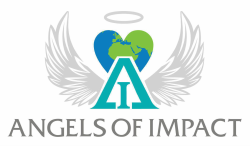
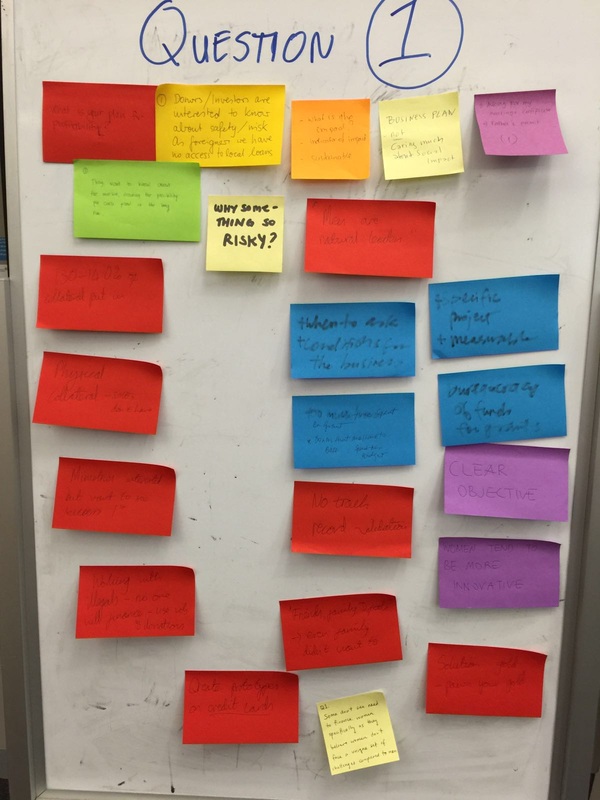
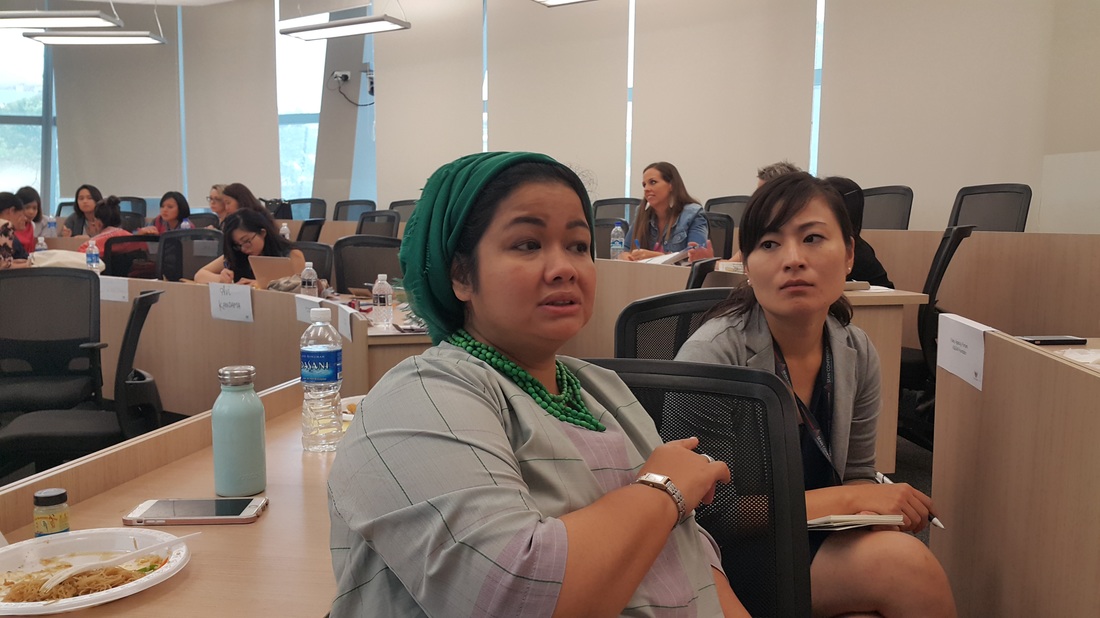
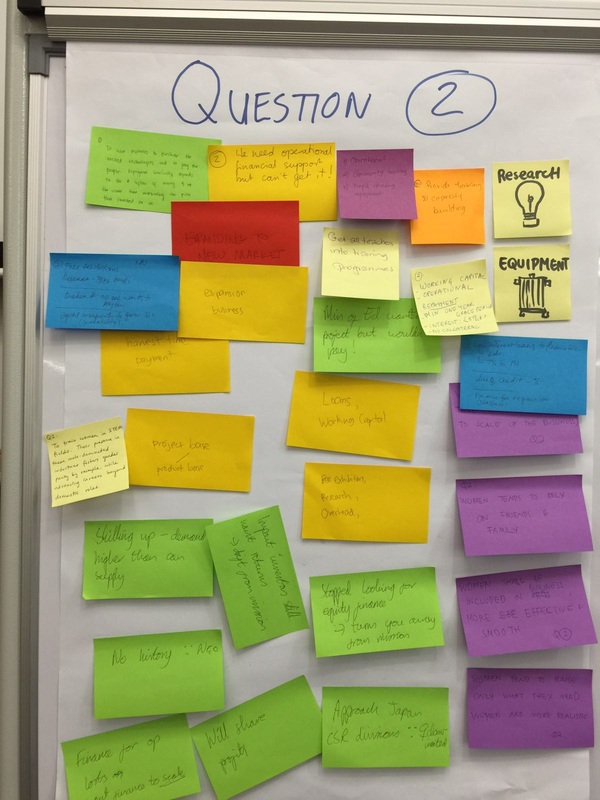
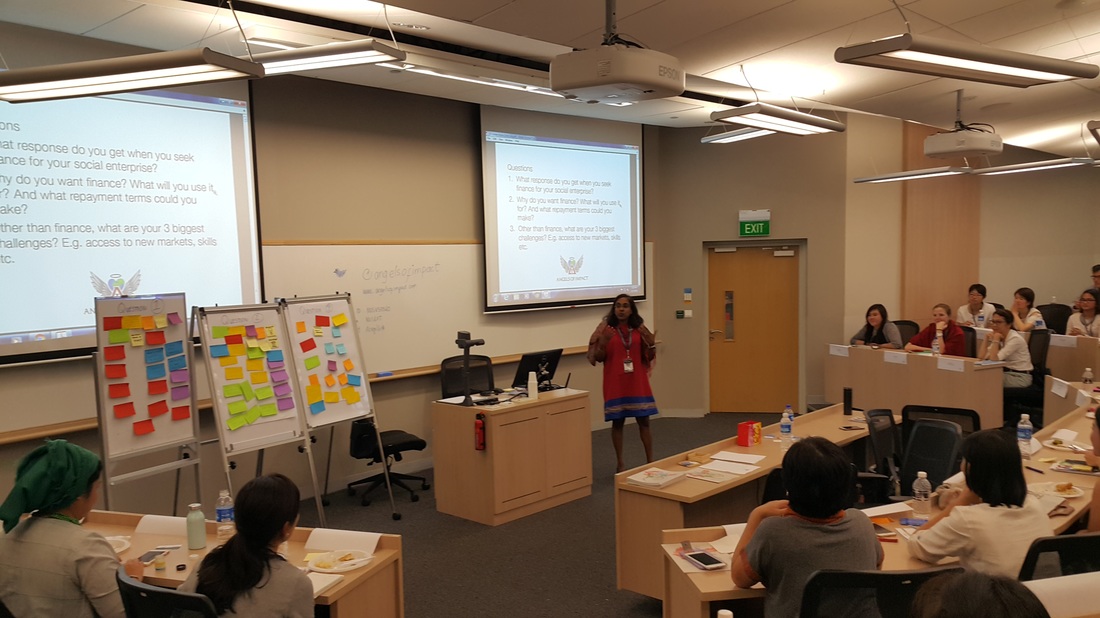
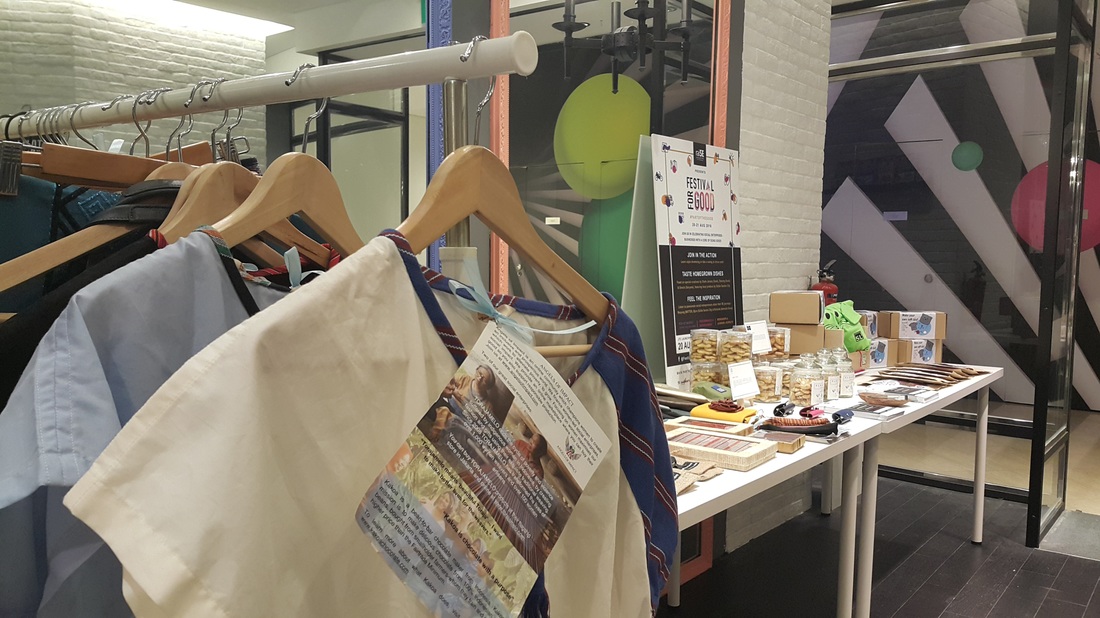
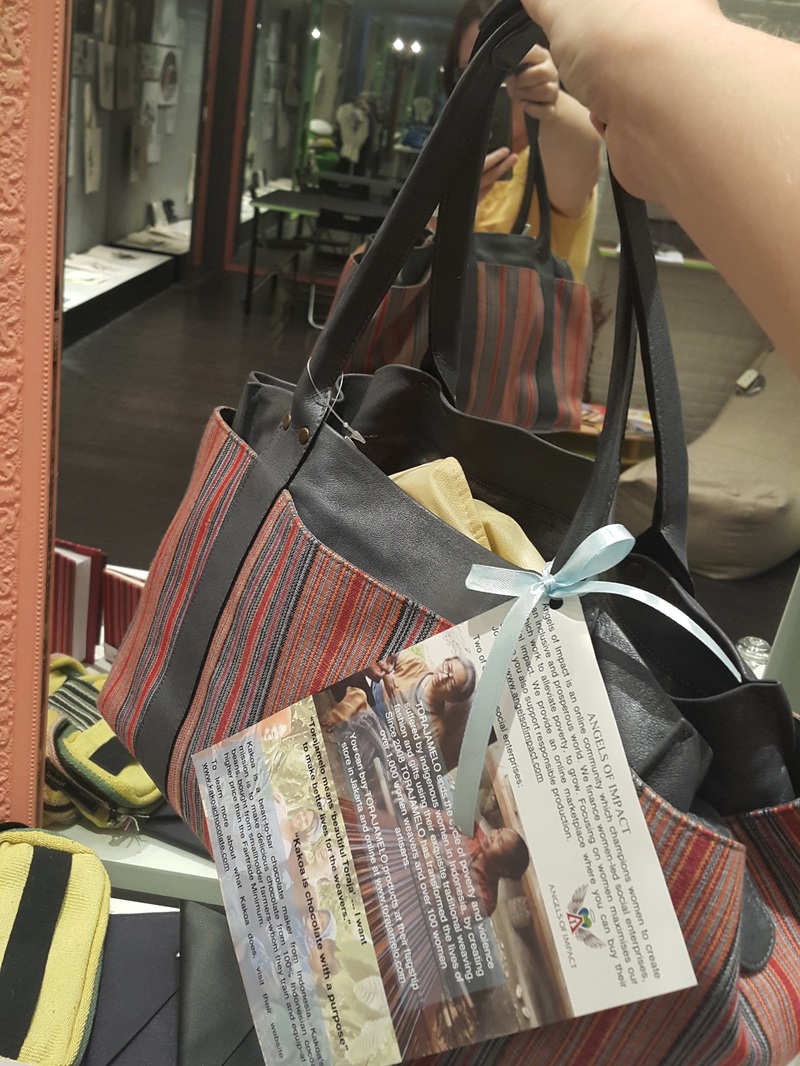
 RSS Feed
RSS Feed